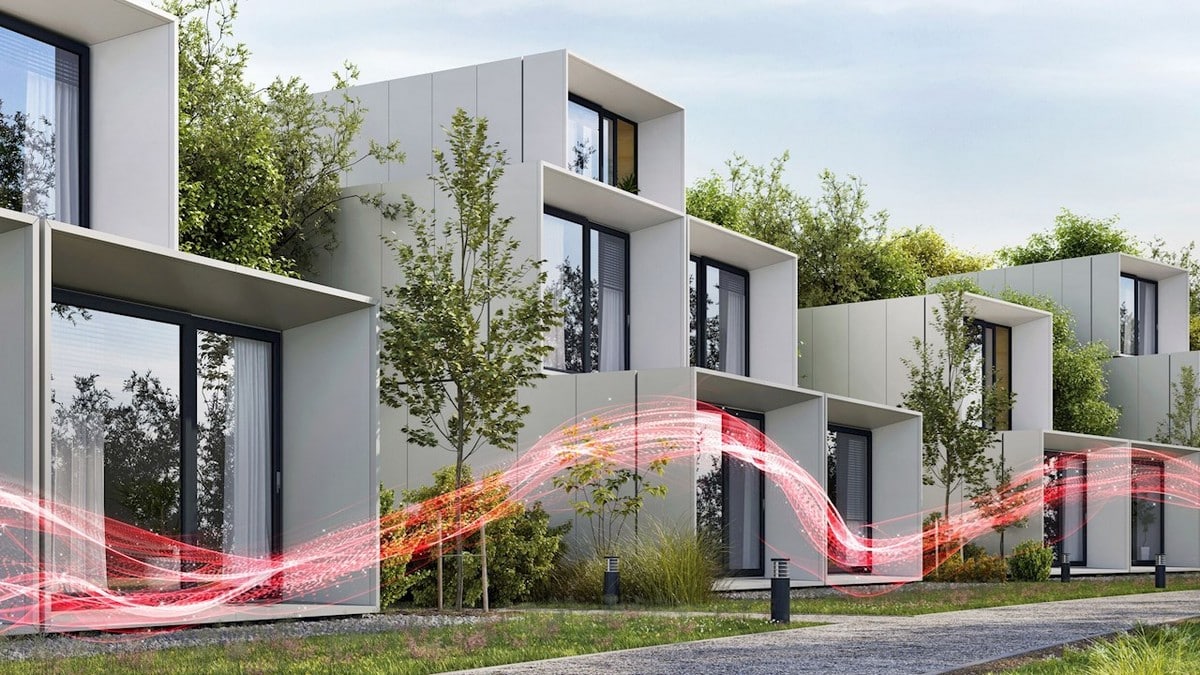
In an era where the boundaries of design and technology are constantly being pushed, hospitality architecture stands at the cusp of a transformative movement. This new frontier in architectural design is not just about creating spaces that are visually stunning or immensely practical; it’s about crafting experiences that resonate on a personal level with each visitor, making each moment memorable. Modern hospitality architecture is redefining how hotels, resorts, and other spaces cater to guests, turning transient stays into unforgettable experiences.
The Evolution of Hospitality Architecture
Gone are the days when the success of hotels and resorts was solely measured by their opulence or the comfort of their accommodations. Today, the ethos of hospitality architecture revolves around the holistic experience of the guest. This paradigm shift reflects a deeper understanding of what travelers seek today: authenticity, immersion, and personalization. Architects and designers are now tasked with creating environments that provide shelter and engage the senses, tell a story, and connect guests with the local culture and environment.
Designing for Immersive Experiences
At the heart of modern hospitality architecture is the concept of immersive experiences. This approach goes beyond aesthetic appeal, focusing on how a space can envelop guests in the narrative of their surroundings. Whether it’s a resort that offers a seamless transition between indoor and outdoor living spaces to highlight the natural beauty of its setting or a hotel that incorporates elements of local art and craftsmanship, the goal is to create a deep sense of place. Designers are leveraging architecture to blur the lines between the guest and their environment, allowing for a more profound connection to the destination.
Personalization through Design
The drive towards personalization in hospitality architecture recognizes the diversity of guest preferences and the desire for unique experiences. This trend manifests in the design of adaptable spaces that can cater to various needs and moods, from tranquil wellness areas to dynamic social spaces. Technology plays a crucial role here, with intelligent systems allowing for customization of lighting, temperature, and even the artwork displayed in guest rooms. This level of personalization ensures that each guest’s stay is tailored to their preferences, elevating their overall experience.
Sustainability: A Core Principle
Sustainability is no longer an afterthought in modern hospitality architecture; it’s a fundamental principle that informs every stage of the design and construction process. Architects embrace green building practices, renewable energy sources, and materials that minimize environmental impact. Moreover, sustainable design is being used to enhance the guest experience, with natural ventilation, green roofs, and other eco-friendly features contributing to the aesthetic and comfort of the spaces. By prioritizing sustainability, hospitality architecture contributes to the planet’s well-being and appeals to the growing segment of eco-conscious travelers.
The Role of Technology
Integrating technology into hospitality architecture is transforming how guests interact with their environment. Technology is being used to add a new layer of convenience and engagement, from digital concierges and mobile-controlled room features to augmented reality tours and virtual experiences. However, the use of technology is balanced with the design ethos, ensuring that it enhances rather than detracts from the guest experience. The challenge for architects and designers is to seamlessly weave technology into the fabric of the hotel or resort, making it intuitive and unobtrusive.
Creating Community Spaces
Another significant trend in hospitality architecture is the emphasis on community spaces. These areas foster guest interaction, encouraging the exchange of stories and experiences. Whether through communal dining tables, open-air lounges, or interactive installations, these spaces are vital to the hospitality experience. They serve as social hubs and places where guests can feel a sense of belonging, further enriching their stay.
Looking Ahead: The Future of Hospitality Architecture
As we look to the future, modern hospitality architecture is poised to continue evolving towards more experiential, personalized, and sustainable designs. The focus will increasingly be on creating spaces that can adapt to changing guest preferences and global trends, ensuring that the architecture remains as dynamic as the experiences it seeks to create. The new frontier in hospitality architecture is not just about building hotels and resorts; it’s about designing destinations in their own right, places where the journey becomes as memorable as the stay.
In conclusion, hospitality architecture today is about much more than the physical structure; it’s about designing for the human experience. By focusing on immersive, personalized, and sustainable designs, architects and designers set new standards for what hospitality can be, crafting spaces that leave lasting impressions on their guests. This holistic approach to architecture elevates the guest experience and sets a new benchmark for the industry, promising a future where every stay is an adventure, every space tells a story, and every guest leaves with memories that last a lifetime.








